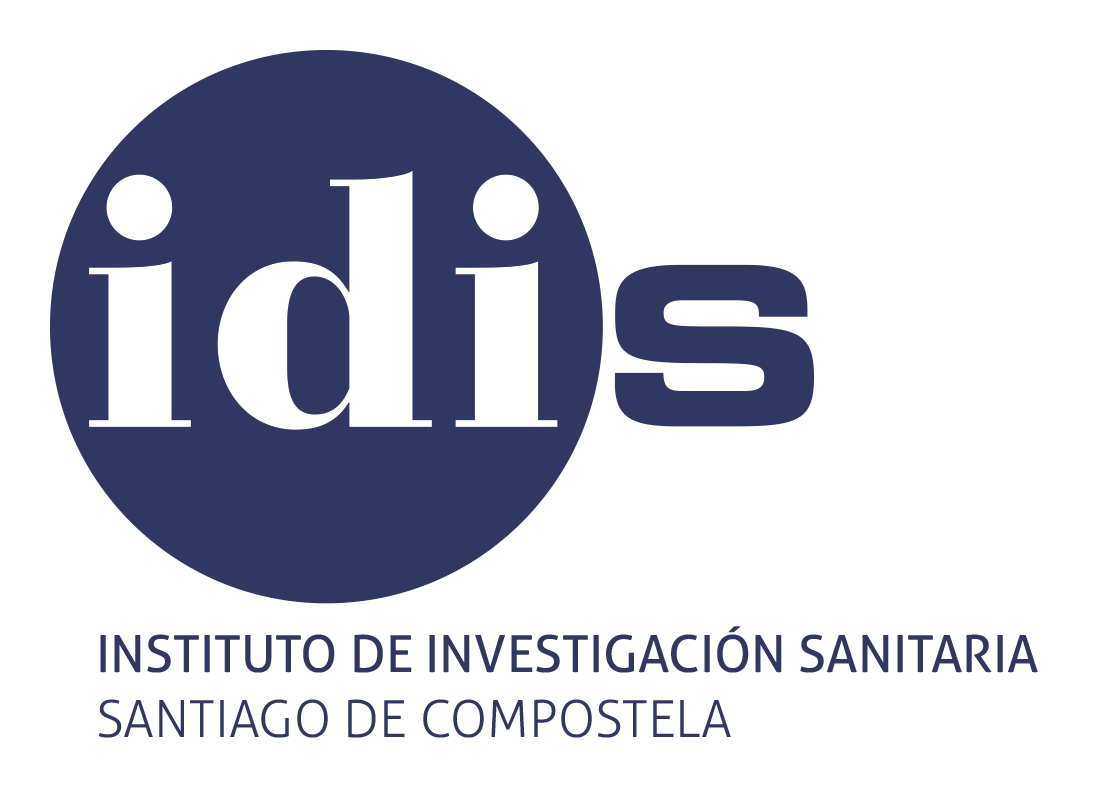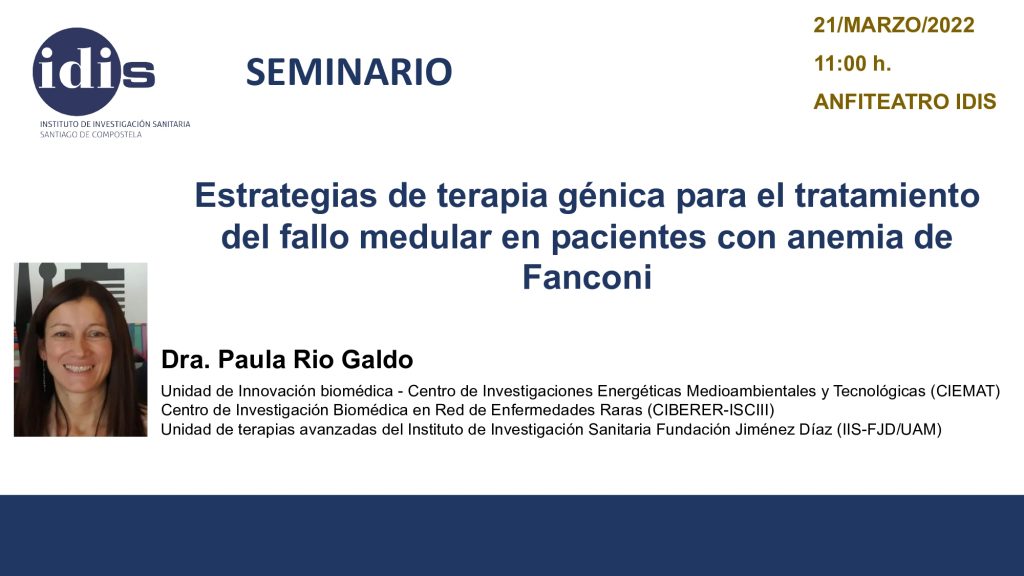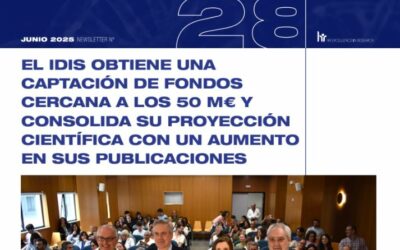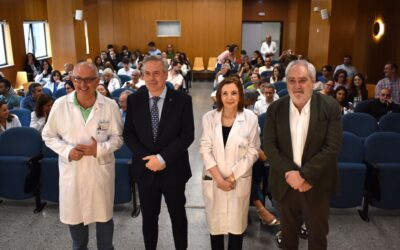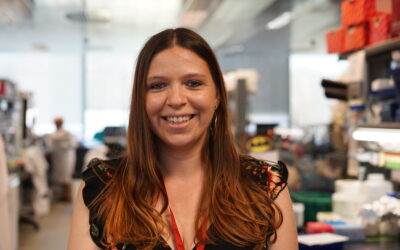March 21, 2022. 11:00 h. – Anfiteatro IDIS
Dra. Paula Río Galdo.
Researcher at the Biomedical Innovation Unit – Center for Environmental and Technological Energy Research (CIEMAT); the Rare Diseases Network Biomedical Research Center (CIBERER-ISCIII); of the Advanced Therapies Unit of the Jiménez Díaz Foundation Health Research Institute (IIS-FJD/UAM)
Fanconi anemia is a low-prevalence disease characterized by a defect in DNA repair. Patients are characterized by congenital anomalies, a greater predisposition to cancer and a marked reduction in the content of hematopoietic stem cells from an early age, which ultimately leads to bone marrow failure. At present, the only existing treatment for bone marrow failure is allogeneic hematopoietic stem cell transplantation with the problems that this entails in terms of low availability of suitable donors and long-term side effects, including the increased risk of developing cancer in transplant patients.
Gene therapy has emerged as a promising strategy to correct the bone marrow failure characteristic of this disease by harvesting the patient’s own hematopoietic stem cells, transducing them with a therapeutic lentiviral vector, and subsequently infusing them into the patient. In 2016, Dr. Rio and her team started the first gene therapy trial in the world using a lentiviral vector for the treatment of the hematological problem in patients with AF-A, with very promising results. In parallel, they work on different gene editing strategies for the precise correction of the mutations detected in the hematopoietic cells of patients with FA.
In this seminar, Dr. Rio will present the results of both gene therapy strategies in the correction of hematopoietic stem cells in FA patients.
